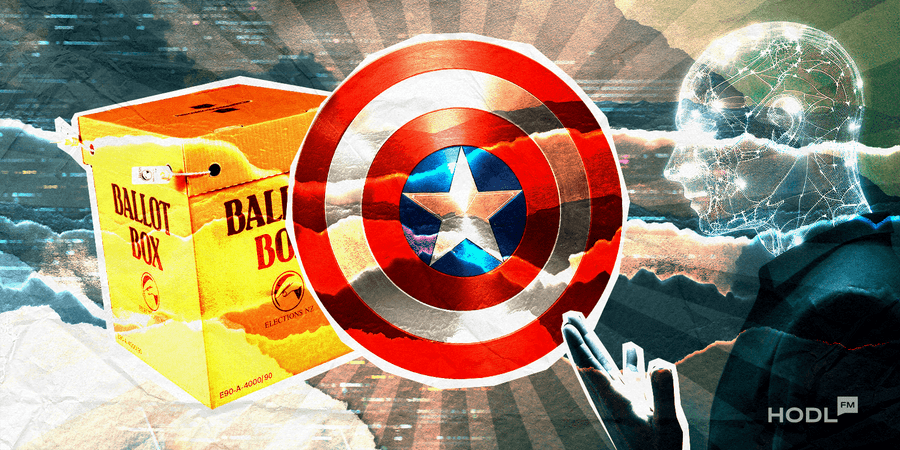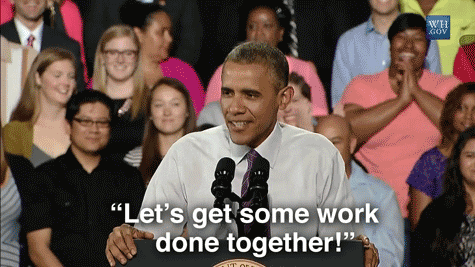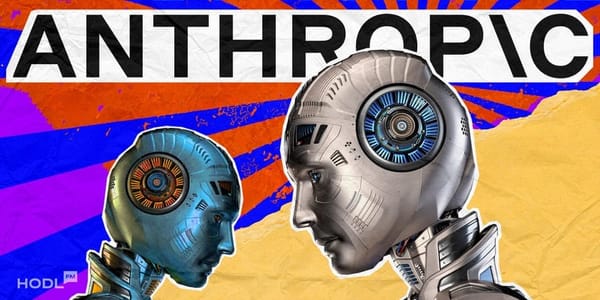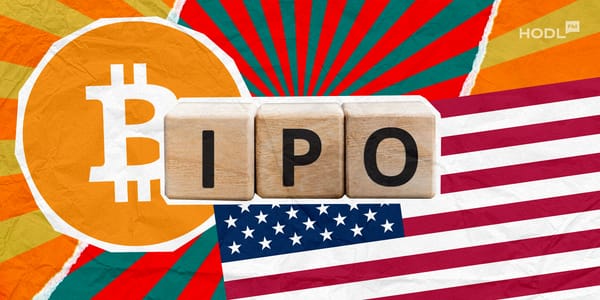As the 2024 global election cycle approaches, concerns about the misuse of artificial intelligence (AI) in political elections have become increasingly prominent. OpenAI, the creator of ChatGPT, is addressing these concerns head-on. In a recent blog post, the company outlined its commitment to transparency, voter access to accurate information, and preventing AI from undermining the integrity of the electoral process.
Read More: Making Our Jobs Easier or Replacing Us? AI’s Influence on Jobs
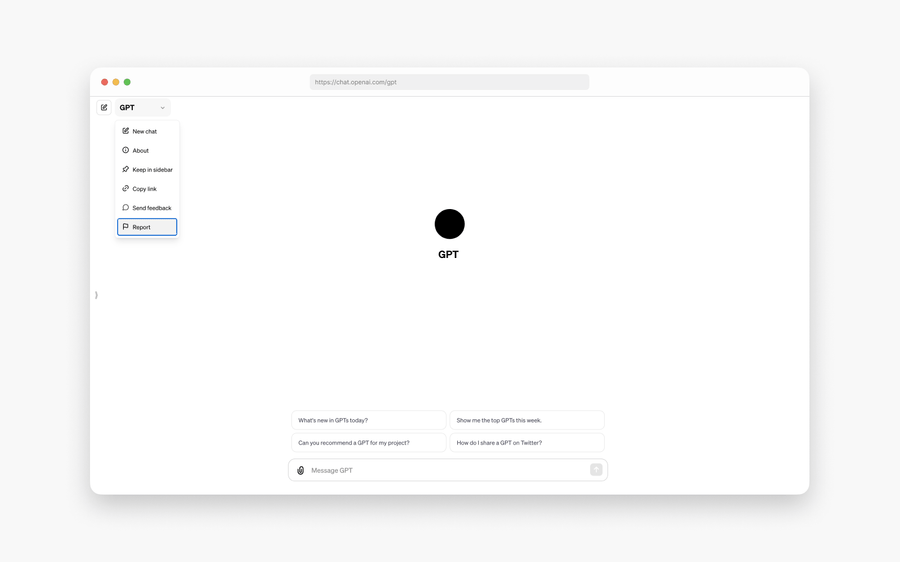
Safeguarding Election Integrity through Transparency
OpenAI acknowledges the collaborative nature of elections and aims to ensure that its AI technology is not employed in ways that could compromise this process. The company recognizes the significance of transparency in maintaining public trust and is committed to building, deploying, and using AI systems safely.
We want to make sure that our AI systems are built, deployed, and used safely. Like any new technology, these tools come with benefits and challenges. They are also unprecedented, and we will keep evolving our approach as we learn more about how our tools are used.
As we prepare for elections in 2024 across the world’s largest democracies, our approach is to continue our platform safety work by elevating accurate voting information, enforcing measured policies, and improving transparency. We have a cross-functional effort dedicated to election work, bringing together expertise from our safety systems, threat intelligence, legal, engineering, and policy teams to quickly investigate and address potential abuse.
ChatGPT Blog
OpenAI has established a dedicated cross-functional team focused explicitly on election-related work. This team is responsible for promptly investigating and addressing potential abuses of AI in political campaigns. OpenAI defines abuse as activities such as misleading deep fakes, chatbots impersonating candidates, and scaled influence operations.
Implementing Guardrails and Prohibiting Political Campaign Applications
To combat AI misuse, OpenAI has implemented guardrails on Dall-E, its image generation model, to decline requests for the creation of deep fakes involving real people, including political candidates. The company also explicitly prohibits the building of applications for political campaigning and lobbying, ensuring AI technology is not exploited for partisan purposes.
OpenAI is actively engaged in enhancing ChatGPT, its conversational AI model, to provide accurate information from real-time news reporting around the world. The goal is to direct voters to official voting websites for reliable and comprehensive information, fostering an informed electorate.
Collaborative Efforts in the AI Community
OpenAI acknowledges that AI’s influence on elections is a topic of widespread concern. The company joins other major tech players, such as Microsoft and Google, in addressing these issues. By actively participating in the conversation and sharing insights, technological advancements can be leveraged responsibly to ensure fair and democratic elections.
Conclusion
OpenAI’s proactive approach to the 2024 elections demonstrates its commitment to maintaining the integrity of the democratic process. Through transparency, prevention of AI misuse, and empowering voters with accurate information, OpenAI aims to play a positive role in shaping the future of elections.
More Info on AI:
- Top 10 Best Artificial Intelligence Games to Play
- AI vs. Human Creativity in the World of Copyright
- Changing the Future of AI and Social Interaction – The Big Interview With Reface Co-CEO Anton Volovyk
By collaborating with other stakeholders and adhering to ethical principles, AI can be harnessed as a powerful tool for democracy, ensuring that voters are well-informed and their voices are heard.
Disclaimer: All materials on this site are for informational purposes only. None of the material should be interpreted as investment advice. Please note that despite the nature of much of the material created and hosted on this website, HODL FM is not a financial reference resource and the opinions of authors and other contributors are their own and should not be taken as financial advice. If you require advice of this sort, HODL FM strongly recommends contacting a qualified industry professional.
